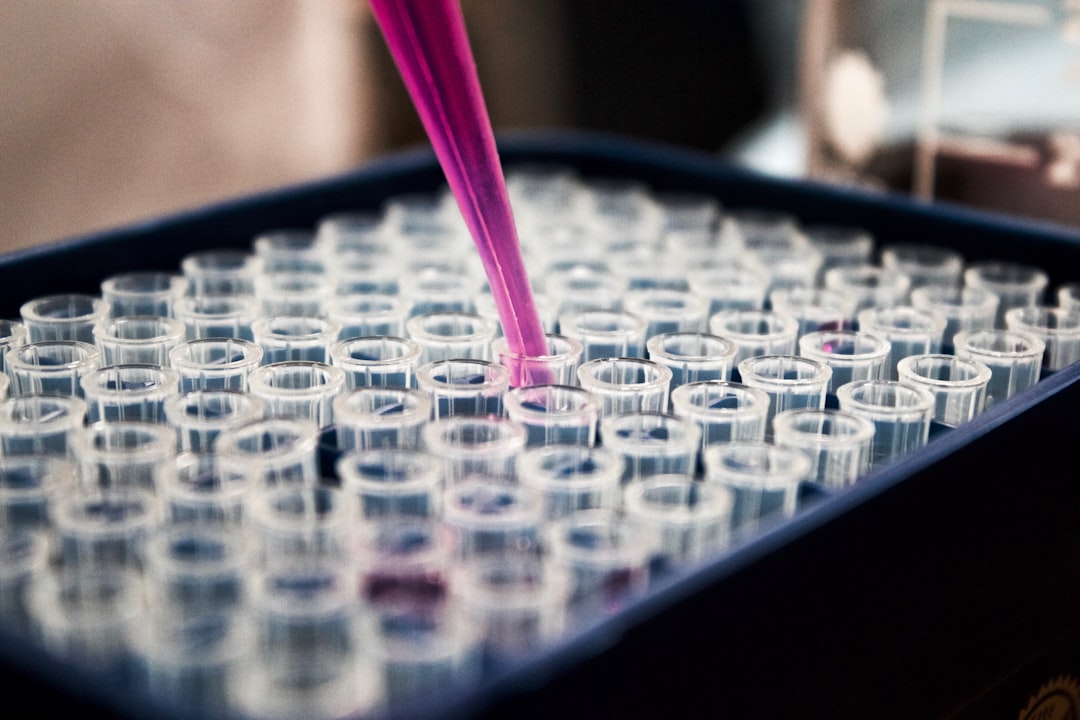When we think about healthcare, we often assume that the medical professionals who care for us are the most important part of the process. However, behind the scenes, there is a critical infrastructure in place that ensures that these professionals have the tools and technology they need to diagnose, treat, and manage our care. This behind-the-scenes infrastructure is known as healthcare technology management, and it is essential to the success of our healthcare system.
At its simplest, healthcare technology management is the practice of ensuring that medical equipment and devices are properly maintained and serviced so that they are safe and effective for patients to use. This is no small task, as there are thousands of different types of medical devices used in hospitals and clinics around the world, and many need to be maintained and serviced regularly to remain functional.
However, healthcare technology management is not just about keeping equipment and devices in working order. It also involves proactively identifying which devices will be needed in the future and making sure that they are in place when they are needed. This could mean ordering new devices well in advance of when they will be needed, or working with manufacturers to develop new equipment to meet evolving healthcare needs.
One of the primary ways in which healthcare technology management is changing the face of healthcare is through the use of digital technology. In recent years, there has been a tremendous growth in the use of digital health devices, such as wearable tracking devices, home monitoring systems, and telehealth tools. These devices have revolutionized the way that healthcare is delivered, allowing patients to receive care from the comfort of their own homes and giving doctors more data to work with than ever before.
However, these devices are only as useful as they are reliable. That’s where healthcare technology management comes in. By ensuring that these devices are properly maintained, serviced, and replaced when necessary, healthcare technology management professionals are helping to ensure that patients receive the care they need, when they need it.
Of course, digital health devices are just one aspect of healthcare technology management. There are also a variety of other medical devices that are used in hospitals and clinics every day, such as X-ray machines, CT scanners, and surgical robots. Each of these devices has unique maintenance and servicing requirements, and it is the job of healthcare technology management professionals to ensure that they are properly maintained and serviced.
In addition to keeping devices functioning properly, healthcare technology management also plays a critical role in keeping patients safe. This includes everything from ensuring that medical devices are properly sterilized before use to monitoring for potential hazards, such as the risk of infection from improperly cleaned equipment.
Ultimately, the goal of healthcare technology management is to ensure that patients receive the highest quality care possible. By proactively managing medical devices, working with manufacturers to develop new technologies, and ensuring that devices are properly maintained and serviced, healthcare technology management professionals are helping to create a better future for us all.
Healthcare technology management is an essential part of the healthcare system and helps ensure that we receive the highest quality care possible. Whether through the management of traditional medical devices or the latest digital health tools, healthcare technology management professionals play a critical role in keeping us all healthy and safe. As healthcare continues to evolve, we can be sure that healthcare technology management will continue to play a vital role in shaping the future of healthcare.










